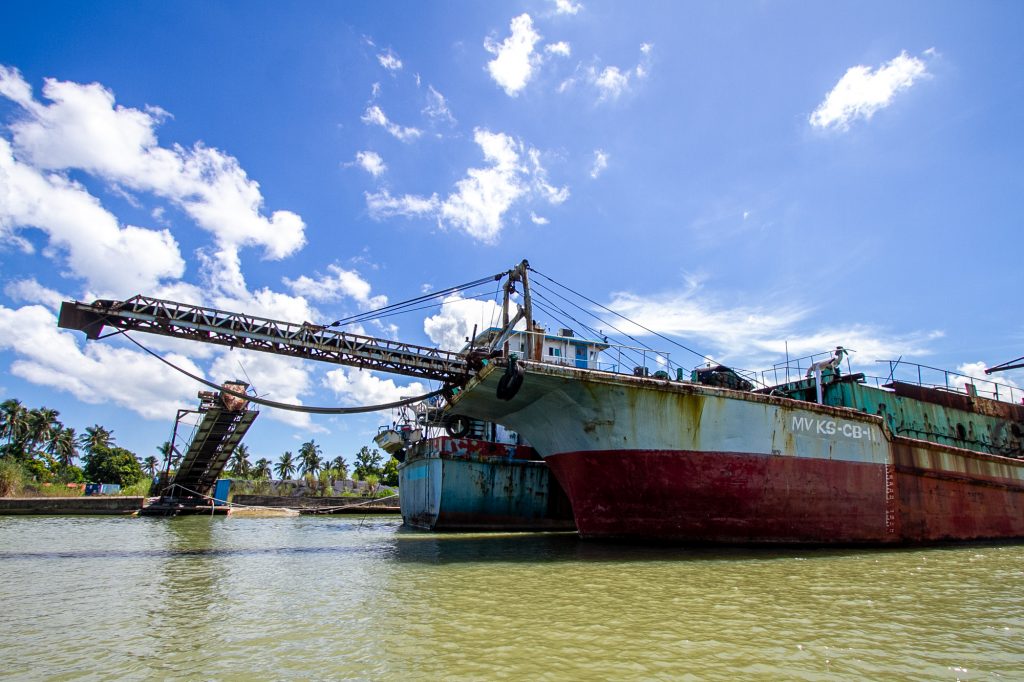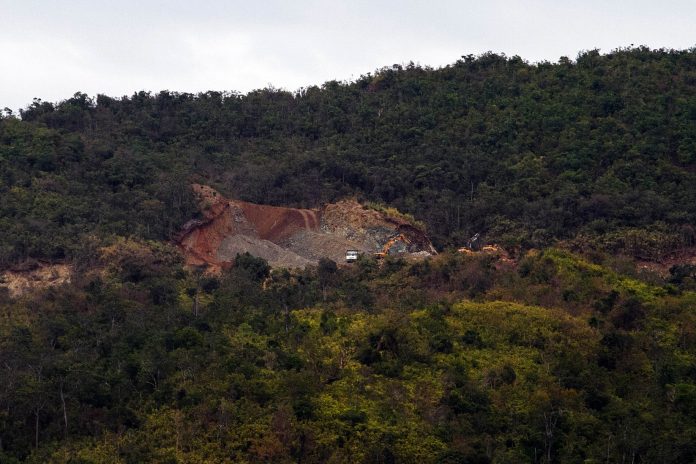A proposal to include mining in the Philippine government’s economic recovery response to the coronavirus pandemic has drawn criticism from pro-environment groups.
Father Edwin Gariguez, executive secretary of Caritas Philippines, said the plan “poses more threats than a solution.”
“There is no such thing as responsible large-scale mining,” said the priest.
The country’s Environment department has proposed to introduce “responsible mining” and other extraction projects as part of measures to help revive the country’s economy.
Environment Undersecretary Benny Antiporda told reporters during a media briefing the agency intends to show mining “as something which is really helpful to the economy.”
The official said the government will implement strict guidelines and policies over extractive activities to ensure accountability and “responsible mining.”
Father Gariguez, however, said mining “will destroy the remaining lungs of the earth that are keeping us alive in the midst of this global health crisis.”
“How can it be helpful?” said the priest, adding that “ecological destruction and disrupted biodiversity” brought the new coronavirus disease to every household.
The Philippines has more than 100 active mining operations, of which 63 projects are non-metallic mine operations and 48 are metallic mines.
The group Alyansa Tigil Mina (ATM) said mining in the country has a “minuscule economic contribution” but “poses a bigger threat to rural and indigenous communities and the environment.”

Data from the Mines and Geosciences Bureau showed that the mining industry contributes less than 1 percent to the country’s Gross Domestic Product and employs only about 0.4 percent of the total labor force.
Jaybee Garganera, ATM national coordinator, said “responsible mining is fake news.”
“It solely relies on the voluntary compliance of large-scale mining companies, there is no legal definition and therefore no parameters to monitor or measure compliance,” he said.
Garganera alleged that while the country battles the pandemic , the government allowed the continued operations of mining.
In March, cargo ships with Chinese crew operated on Homonhon Island, in Eastern Samar province while mining companies in Nueva Vizcaya, Palawan, Masbate, and Leyte were operating despite strict quarantine protocols.
In April, violence erupted after the national police dispersed and arrested residents of Didipio village, Kasibu town in Nueva Vizcaya province who were protesting against the alleged operation of a suspended mining company.
Garganera called on the Environment department to issue a moratorium on mining in “environmentally critical areas,” such as watersheds, primary forests, and small island ecosystems.”









